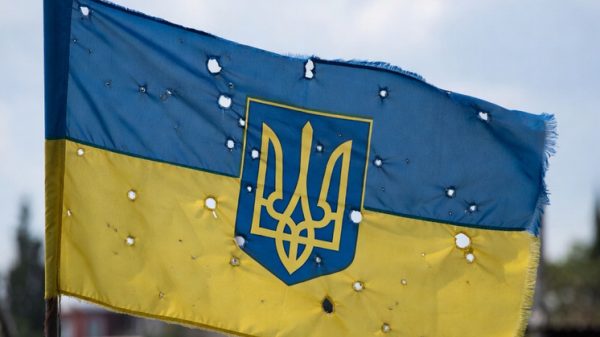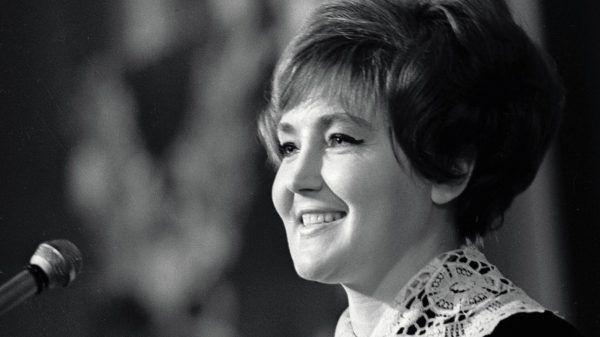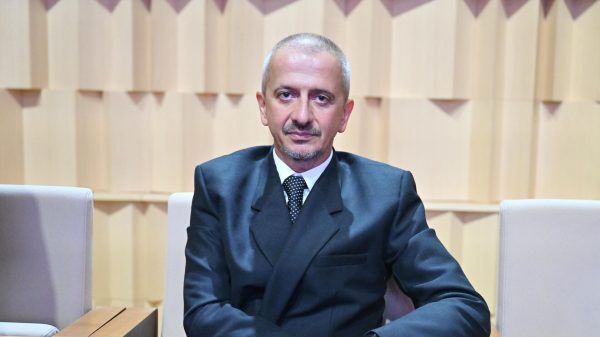
MOSCOW, March 14. Digital tools and competencies in teaching were discussed within the framework of the III All-Russian Forum “Pedagogical Education in the Russian Classical University”, which is taking place these days at the Russian Academy of Education (RAO).
Director of the Siberian Federal Scientific Center for Agrobiotechnologies of the Russian Academy of Sciences Kirill Golokhvast raised the question of “digital toxicology” in pedagogy, which is experiencing a period of accelerating technological development and the introduction of machine learning.
According to him, the world has long been under the pressure of digital technologies, but they can be both good and bad. “We are amazed by this symptom: each of us has a phone on the table, we spend a lot of time on it,” the expert noted, adding that our brain no longer distinguishes virtuality from reality. He estimates that VR has the greatest immersive activity: “85-90% of all information comes through the brain.”
< /span>
In addition to the negative impact of the virtual environment, the director of the research center spoke about the positive aspects of immersion in virtual reality. “We gave three groups of 20 people each a read about the heartbeat: the first group simply read in a textbook, the second on a computer screen, the third studied the topic in a modulator that allows the heart to expand and speed up,” the scientist said, emphasizing that the third group was the most pronounced result.
Meanwhile, Academician of the Russian Academy of Education, Professor of the Department of Informatization of Education at the Institute of Digital Education «Moscow City Pedagogical University» Vadim Grinshkun announced the need to study artificial intelligence (AI) in educational activities. He drew attention to the fact that the generation of pictures and photographs on demand can have a positive impact on the younger generation: for example, teachers can clearly demonstrate what will happen to the planet if we are careless about the problem of environmental pollution.
At the same time, , the expert noted that there is also a negative aspect. According to him, the use of AI when entering incorrect queries can be misleading; the technology can distort the perception of historical facts and data.
Concerns about the quality of the content of domestic neural networks were expressed at the forum by corresponding member of the Russian Academy of Education, Doctor of Pedagogical Sciences Lyudmila Bosova. “Our task is to make sure that this tool (neural network) is correct; so that we don’t get something that will fall somehow, but get something reasonable,” Bosova summed up.
The day before Head of RAO Olga Vasilyeva, speaking at the forum, called on Russian teachers to take a critical approach to the content offered by the neural network, analyze it and participate in the creation of material so that the educational process is effective. “In an era of rapid development of technology, it is necessary to strengthen the human in man,” she noted, emphasizing that it is important to work on filling neural networks with fundamental information ourselves, and not to be passive observers who absorb ready-made content.
< br />























































Свежие комментарии